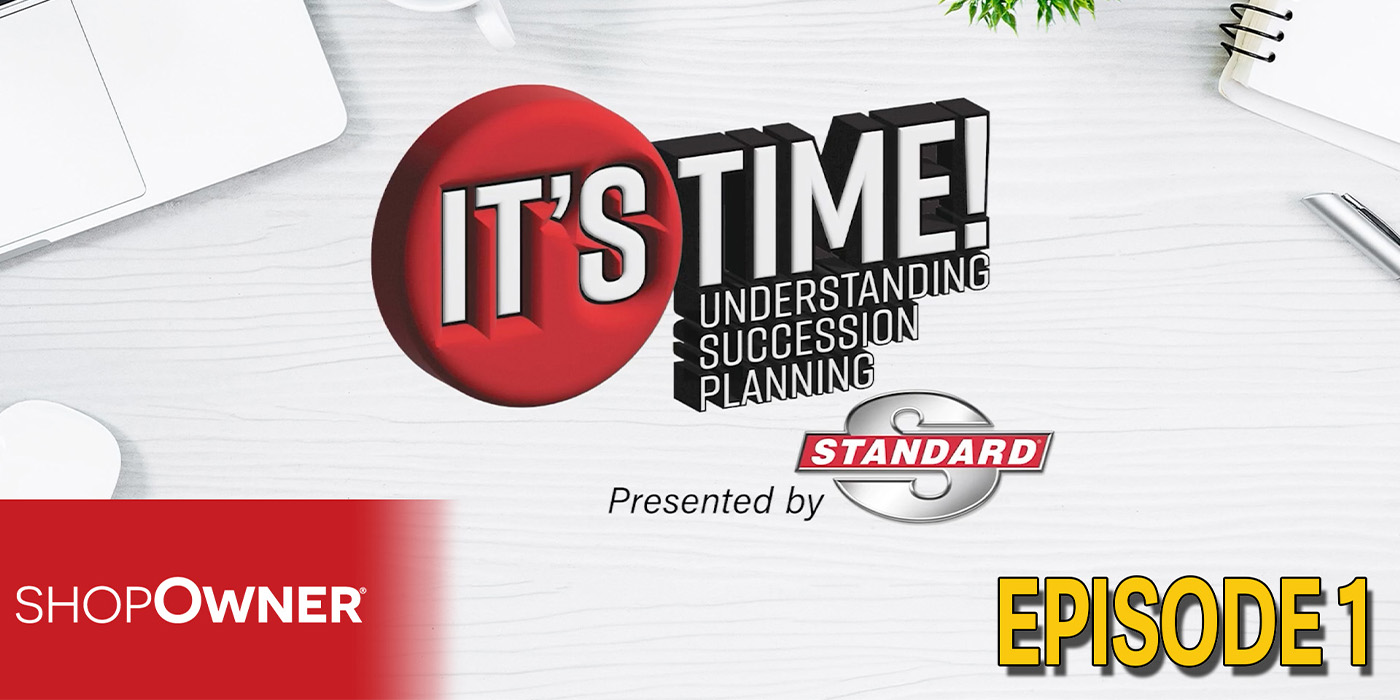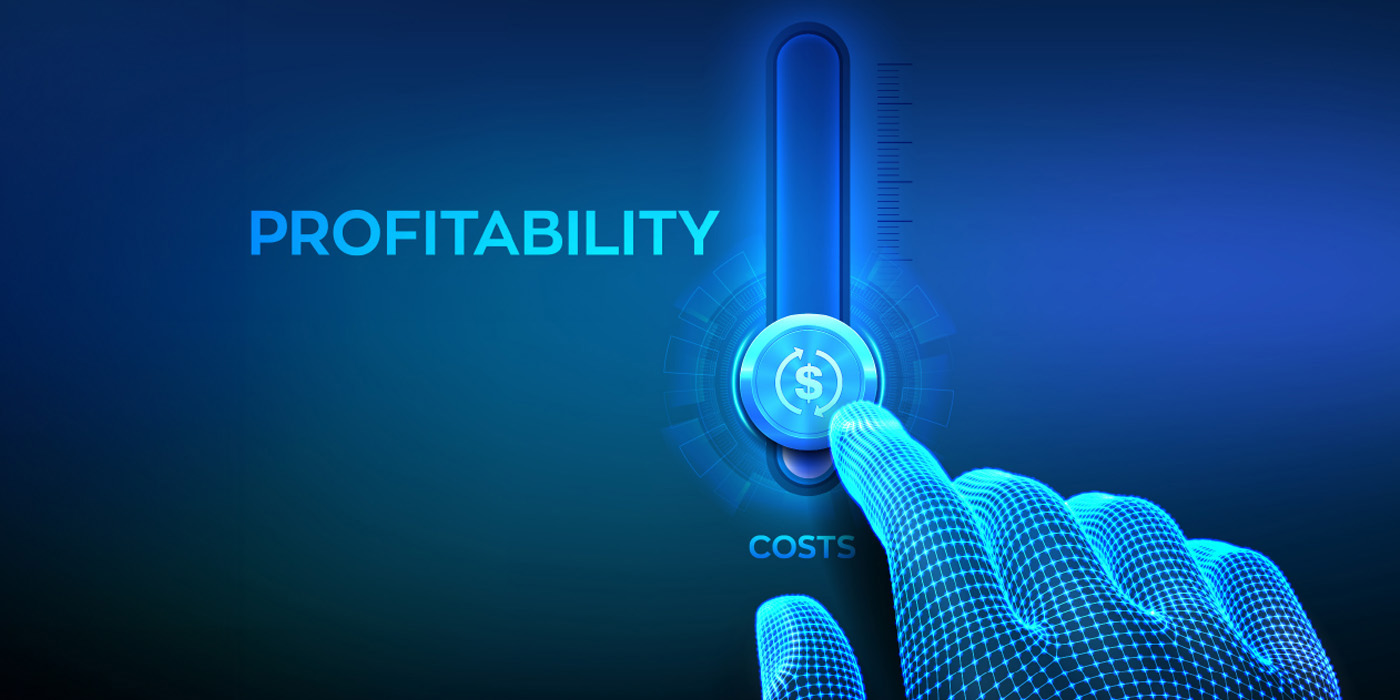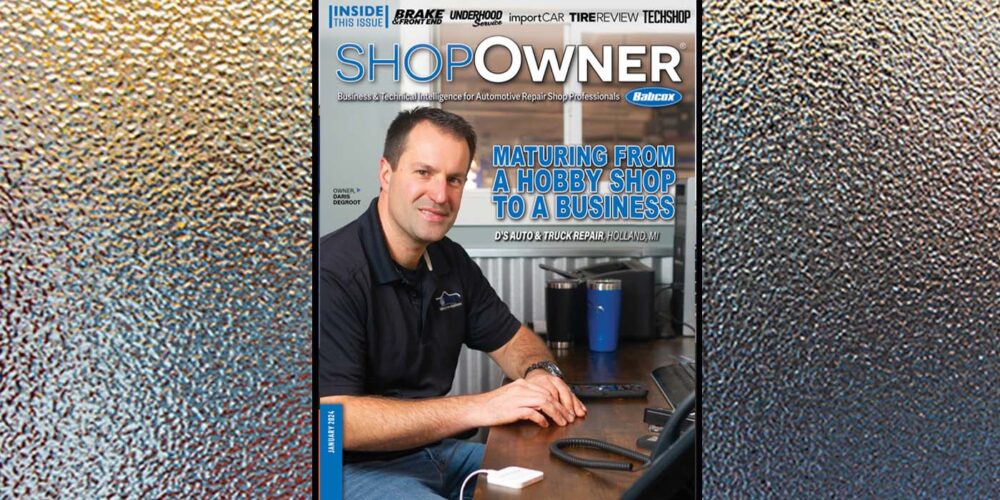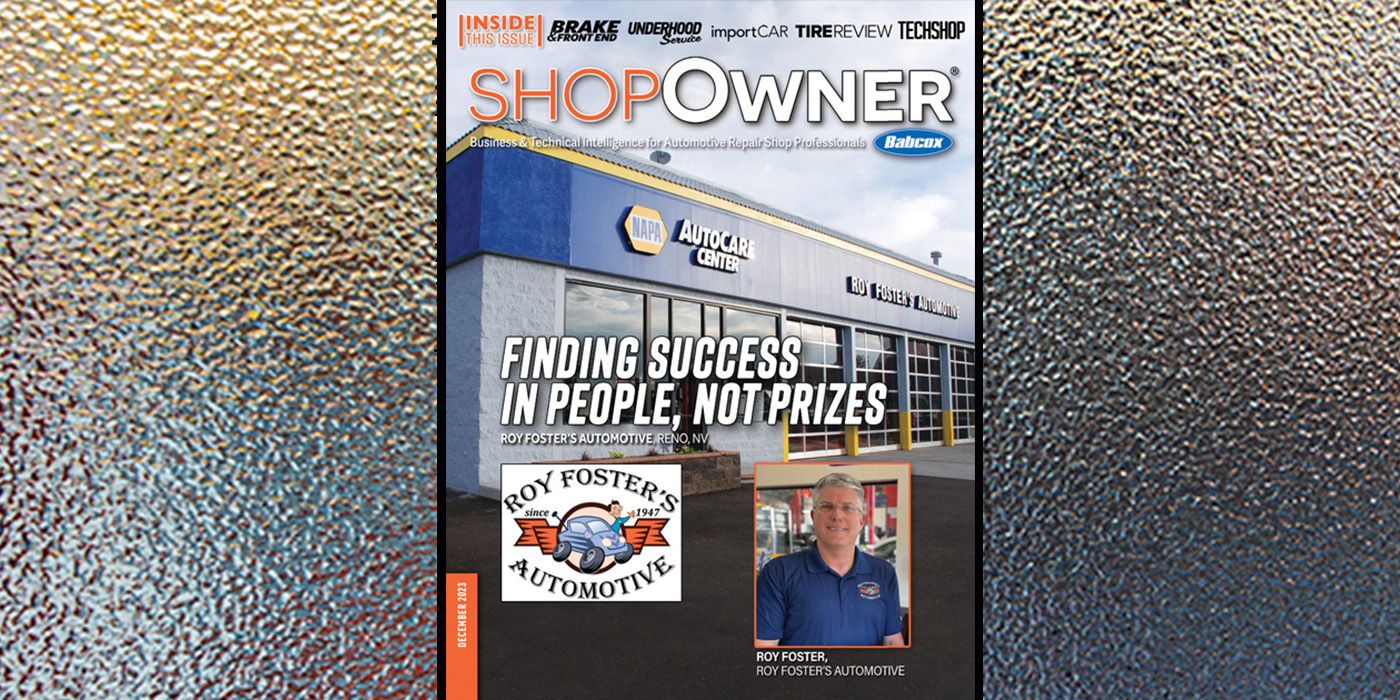 According to a recent article in The Wall Street Journal, some CEOs are starting to understand the price they have to pay for quick profits, and many of them are now taking a different approach. Although all companies should consider their long-term growth and financial stability, there has been an ongoing challenge that today’s CEOs face — the relentless demand for immediate profits that is put on them by their stockholders.
According to a recent article in The Wall Street Journal, some CEOs are starting to understand the price they have to pay for quick profits, and many of them are now taking a different approach. Although all companies should consider their long-term growth and financial stability, there has been an ongoing challenge that today’s CEOs face — the relentless demand for immediate profits that is put on them by their stockholders.
Look at it like this: Publicly traded companies (e.g., Delta Airlines, General Motors, etc.) are owned by stockholders like you and me. Although small investors like us don’t have a voice with such large companies, there are Wall Street fund managers who do have their ear. These are the people who buy and sell stock in staggering lump sums, and in order to entice those fund managers to invest in their companies, and to then keep that money invested in their companies, the CEOs need to show strong profits not just for the year, but for quarter after quarter. The CEOs know that if they miss their earnings (profit) mark, then there is a strong probability the fund manager will consider pulling their investment and investing their money elsewhere.
In summary, investors like you and I put pressure on our stockbrokers to generate good profits for us. In order to do so, they put pressure on the fund managers, who then put pressure on the CEOs. The end result? The CEOs know if they don’t deliver, they may very well be out of a job, which is why so many of them are far more focused on short-term profits than long-term success.
Are there exceptions? You bet. The late Steve Jobs is a classic example of someone who had a long-term vision and who invested his profits back into Apple. Of course, there are others who do so, such as Warren Buffett of Berkshire Hathaway and Bill Gates of Microsoft, but they are few in numbers compared to the CEOs who are driven by short-term success.
So, now that The Wall Street Journal is reporting a shift in how CEOs think about squeezing the golden goose, you may want to revisit your shop’s business strategy as well. Since Steve Jobs is considered by many to have been the greatest CEO of all time, you and I should certainly feel comfortable following his lead.
How you view and operate your shop is certainly a personal decision, and I understand everyone is going to have different goals in mind, yet I feel there are some principles in business that are too good to be ignored. As Steve Jobs showed us, one of these principles is that we can’t let short-term interest or a quest for immediate rewards overcome our better judgement. Let your competitors make that mistake. Instead, just as Jobs did, you need to set long-term goals that you believe in; you need to create a plan for reaching those goals; and you need to constantly invest in your future. Some examples would be investing in training programs that address the newest vehicle technology, or taking the time now to implement an apprenticeship program that will help you develop your own superstar advisors and technicians in the coming years. I’d also recommend launching marketing campaigns that build your brand and focus on your principles rather than campaigns focused on discounts that are designed to generate immediate sales. These are all surefire ways of investing in your future, and keeping you well ahead of your competitors.
If you follow the example that Steve Jobs set for us by reinvesting in your company, and if you live by the principle of never putting money ahead of people, you will see what your competitors will more than likely never see: a more profitable, successful business that is good for you, your employees, your customers and the industry. I am sure you will agree that beyond the great products, Steve Jobs gave us quite the gift — a lesson in how to build an incredible business.














